For a counter-perspective, read the companion piece to this article, “How academia failed my father“ by Vijay M. Rajan.
I don’t know how to do it: hold their faces in my hands and tell them what’s waiting. How to teach any of us to follow this song, into what dark.
Franny Choi, “How to Let Go of the World”
To distance oneself professionally through critique, is this not the most active consent to privatize the social individual? The undercommons might by contrast be understood as wary of critique, weary of it, and at the same time dedicated to the collectivity of its future, the collectivity that may come to be its future.
Stefano Harney and Fred Moten, The Undercommons
The first time I read Stefano Harney and Fred Moten’s The Undercommons, I had just finished my first year as an adjunct instructor at a large private university in the Midwest. A few years prior, I had convinced myself that I could never make a career as a solo harpist, due to experiencing some rough performance anxiety in college. As a result, I decided that being a university professor was my calling. However, I made that choice under the illusion that teaching would offer a stable — even prestigious — career path, completely oblivious to the persistent financial vulnerability and unglamorous reality of part-time academic work.
Seven years later, I found myself in the life of a typical adjunct: driving six hours to get to and from my two adjunct jobs, fitting ten hours of non-stop teaching in between, eating meals in my car, and teaching in hallways because I didn’t have an office. Once, I even contemplated sleeping in my car because I didn’t want to drive three hours through a snowstorm at night, and every hotel in town was way out of my budget. Not to mention, I was still taking a full load of courses and working as a teaching assistant at my own university. So, it’s fair to say I felt exhausted and completely disillusioned by the end of my first year of teaching.
Harney and Moten acknowledge this disillusionment, this rage, this sense of helplessness against this institutionalized impasse: where young academics take on whatever teaching work and whatever pay to put the experience on their CVs; where exploitation is normalized; and where lack of departmental support makes it difficult, or even impossible, for program revitalization/reform and radical scholarship to take root and grow. So, Harney and Moten imagine a place — not a physical place per se but more like a theoretical world — they call “the undercommons.” It is “the coalition [that] emerges out of your recognition that it’s fucked up for you, in the same way that we’ve already recognized that it’s fucked up for us.”[1]
The undercommons resists the binary of “versus” — of one thing against another, of being either here or there, of insisting whose theory is justified and whose is not. Instead, it is a wild and chaotic refuge; it refuses the regulation, the privatization, or the professionalization of personhood that happens within the academy. It is skeptical of the critical academics buried alive in the ivory tower, yet it inhabits the spaces in between them, and the crevices between the tower’s stones. It is, to borrow from the language of Brian Massumi and Erin Manning,[2] both an institutional parasite and a para-site. The undercommons is where the monstrous, the fugitive, and the “undutiful daughter”[3] can breathe freely and dream openly.
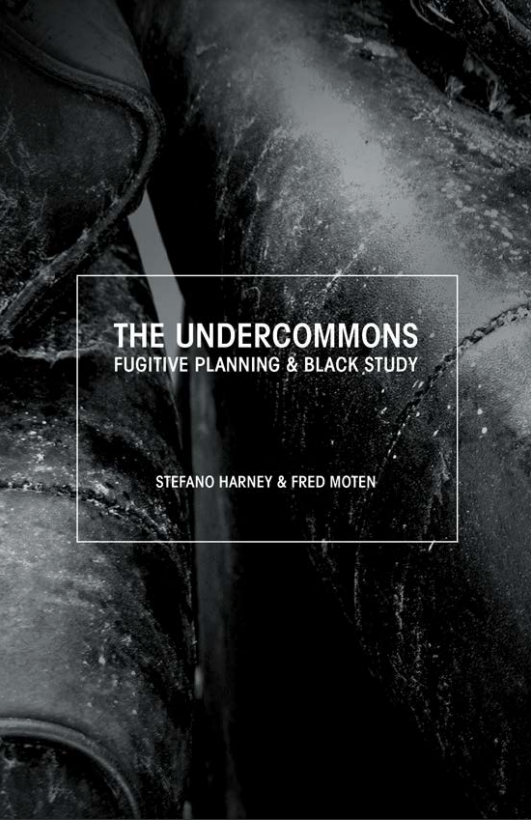
The world of the undercommons anchored me in those early years as an adjunct and in the subsequent years during which I realized, for the sake of my own mental health, that I had to accept the conditions of being a part-time academic. I learned to live with the angst that comes with precarity. I made peace with my second part-time job as a writing and math tutor and learned to appreciate that it gave me both the time to volunteer for academic committees and the emotional distance to think more critically about teaching and curricular reform. I stopped hoping the university in which I was working could someday be my intellectual home, and instead, I dissolved quietly into the shadows of the undercommons.
While one could argue that my actions enabled my department to lean on its adjuncts without adequately compensating their hidden labor, I had no choice but to give away my time and energy. After all, an institution only pays its instructors on a per-course basis but then often implicitly expects them to recruit, mentor, facilitate, and participate outside of classes. It is a broken system in which one must work more to be nourished enough (sometimes not even), and many adjuncts quickly realize that surviving and dying happen in the same breath. So, why have I chosen to stay in academia?
This year, the impossible happened: I accepted an offer for a tenure-track (TT) position in a top US public university music program. For harpists, a TT job is a unicorn (within the past five years, only three TT positions have opened in the US). Due to declining university enrollment, budget and program cuts, and other administrative decisions stemming from the neoliberal turn in US higher education,[4] TT jobs — especially in music — are becoming increasingly scarce. With that in mind, I would be lying if I said job security wasn’t a motivating factor in my choice to remain in academia.
However, I’d like to think that receiving a key to the ivory tower won’t change my empathetic recognition that it’s “fucked up for you” as much as it’s “fucked up for us.” A huge part of why I wanted to be in academia in the first place comes from my commitment to higher education and my belief that the university can be more than just a place that insulates elitism or gorges on middle-class aspiration. In the wake of the COVID-19 pandemic and cultural/economic upheavals[5] in the US, my role as a university professor should be more than just teaching my students how to better play the harp, penning scathing critiques from the comfort of my desk, or fighting for the bigger office with the better view. Rather I must participate in the reform necessary to sustain the social, cultural, and economic relevance of post-secondary music education: 1) a pragmatic turn in curriculum that will better equip students to succeed after graduation; 2) the implementation of civic responsibility in the classroom, to encourage students to listen to each other more thoughtfully and consider how their research and performances intersect with public life; 3) a recognition of the real economic obstacles faced by those in the arts so we can improve our mentorship of financially-disadvantaged students; and 4) the diversification of artistic voices in identity (i.e., race, gender, sexuality, and class) and in forms (e.g., genre, performance practice, interpretation, theories). Perhaps these hopes are naïve — exposing my lack of experience — but they motivate me to continue my journey as a post-secondary educator.
It cannot be denied that the university is a place of refuge, and it cannot be accepted that the university is a place of enlightenment.
Harney/Moten, The Undercommons
In this issue of The Collective, Vijay M. Rajan explains his reasons for not being in academia [link to Vijay’s article]. A thread in his reflection really stuck out to me: that is, the expectation — whether coming from his father, other academics, or himself — of the university as a safe place for freedom of thought, especially radical thought. Vijay is right in that academia is no longer (if it ever was) a place that offers either safety or freedom, particularly for adjuncts and minority groups; if anything, the university has become a terrifying place to work, with one’s job constantly at the mercy of student evaluations, culture wars, and faculty politics.
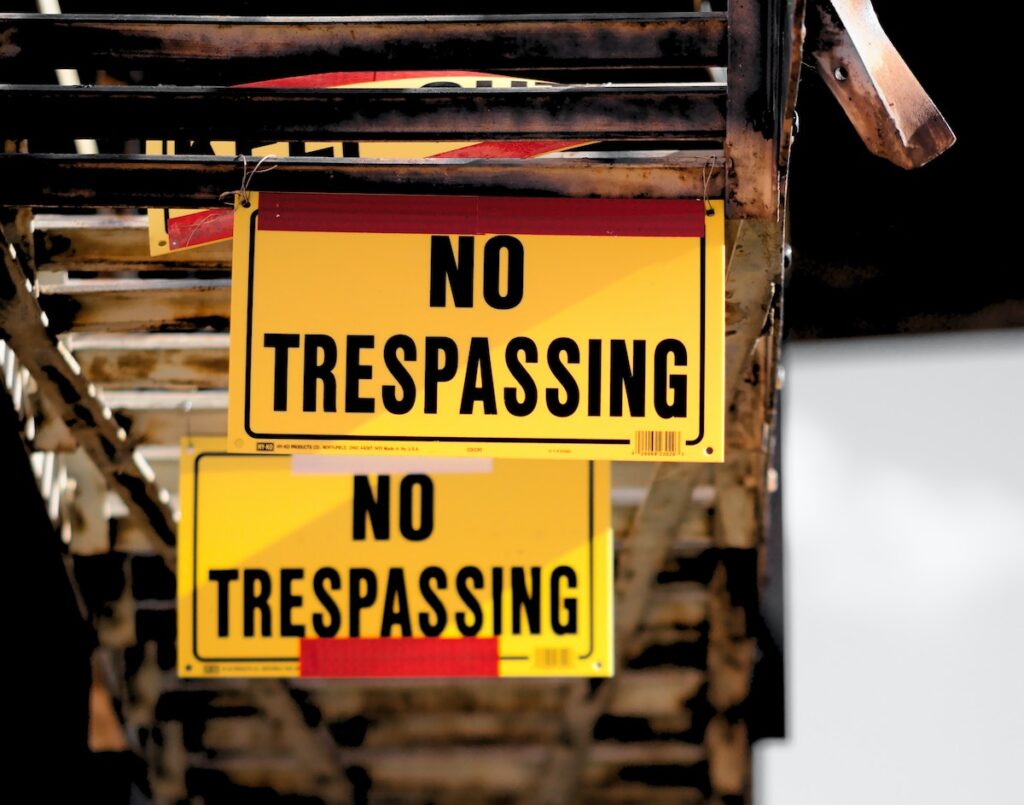
However, I would like us to briefly consider this philosophical conundrum: Can safety and freedom be guaranteed for everyone at all times? For one, the electric wiring around my in-laws’ garden keeps their vegetables safe only because its dual ontological purpose is to endanger/exclude critters hankering for a tasty snack. Or a more serious scenario: My freedom to walk with peace of mind in public places is deeply threatened by another’s freedom to buy a semi-automatic rifle (at least in the US). So, I am skeptical that academia — already so deeply fractured and inequitable — can transcend this conundrum, and I often wonder whether the university has been fundamentally structured to offer safety and freedom of thought to some but not others. Sure, scholars still flock to universities seeking haven for their research and worldviews, but their havens can become an alienating place for students who inevitably will explore ideas that challenge theirs. Meanwhile, we are witnessing more students clashing with professors over controversial topics and the issue of “safe spaces,”[6] each side equally convinced its actions are doing something justice. When all parties go into the academy seeking intellectual safety and freedom, we must reconcile the exclusionary nature of that desire and recognize we are all grieving for the same thing.
Knowing this, I begin this new chapter of my academic life with the ethical imperative of the undercommons:
Hapticality, the capacity to feel through others, for others to feel through you, for you to feel them feeling you […] Thrown together touching each other we were denied all sentiment, denied all the things that were supposed to produce sentiment, family, nation, language, religion, place, home. Though forced to touch and be touched, to sense and be sensed in that space of no space, though refused sentiment, history and home, we feel (for) each other.[7]
One of my biggest fears is that the privileges granted by my new job will cause me to forget what it is like to dwell in the undercommons. Nevertheless, that fear also motivates me to weave hapticality into my work — to weave it so tightly in the present that it leaves traces in everything I do in the future. Thus, as a teacher, I hope to use my position to nourish artistic communities, to share resources, and to affirm musicians discovering their personal and intellectual identities. As a scholar, I hope to make spaces for radical ideas that challenge mine and to harbor intellectual fugitives, even when they threaten my safety and freedom. Those of us who are invested in the survival of the academy — because some argue that it should die — must learn to “feel through others, for others to feel through [us].” Otherwise, we will become even more siloed in our niches and too paralyzed by our own ideologies to act when the ivory tower collapses, taking all its inhabitants with it.
If we do not seek to fix what has been broken, then what? How do we resolve to live with brokenness, with being broke [?]
Jack Halberstam, “The Wild Beyond: With and For the Undercommons”
In a recent conversation with fellow Collective writer Ian Nutting, we talked about how to repair a world that seems totally dysfunctional and irreparable. Realistically, I know I cannot do very much in the face of the huge inequalities that plague our societies, the political strife that comes at the cost of human lives, and a seemingly inevitable environmental apocalypse. Ian and I came to the conclusion that all we can do is take care of the communities around us. For him, care comes in the form of hot sauce and good food. For me, it comes through teaching. In the end, this small hope that caring for the world can keep it — and us — alive, is why I have chosen to stay in academia.
[1] Stefano Harney and Fred Moten, The Undercommons: Fugitive Planning & Black Study (Minor Compositions, 2013), 140.
[2] Brian Massumi and Erin Manning, interview Uriah Marc Todoroff, “A Cryptoeconomy of Affect,” The New Inquiry, May 14, 2018, https://thenewinquiry.com/a-cryptoeconomy-of-affect.
[3] Rosi Braidotti, “Preface: The Society of Undutiful Daughters,” Undutiful Daughters: New Directions in Feminist Thought and Practice, ed. Henriette Gunkel, Chrysanthi Nigianni, and Fanny Söderbäck (Palgrave Macmillan US, 2012), ix-xx.
[4] Gerardo del Cerro Santamaría, “A Critique of Neoliberalism in Higher Education,” Oxford Research Encyclopedia of Education, September 30, 2019, accessed July 13, 2022, https://doi.org/10.1093/acrefore/9780190264093.013.992.
[5] The list is endless: Economically, massive student debt, soaring housing/living costs, widening wealth disparities, prospects of an economic recession; culturally, a broad social reckoning with racism following the 2020 George Floyd protests, the deepening political divisions in the US, the overturning of Roe v Wade, the escalating incidents of mass gun violence; not to mention, the conditions of modern capitalism paralyze our ability to make any sort of meaningful changes (either individually or institutionally) to mitigate environmental disasters.
[6] In her post “Against Students,” feminist scholar Sara Ahmed explores conflicts between the “oversensitive” or “problem” student and the bemoaning college professor, including discussion of “safe spaces” and their political necessity. My one criticism is that Ahmed doesn’t distinguish between adjunct and tenured faculty members, and thus, she addresses the student complaint only as an ideological/moral/political issue — not as something with real economic stakes.
[7] Harney and Moten, 98.
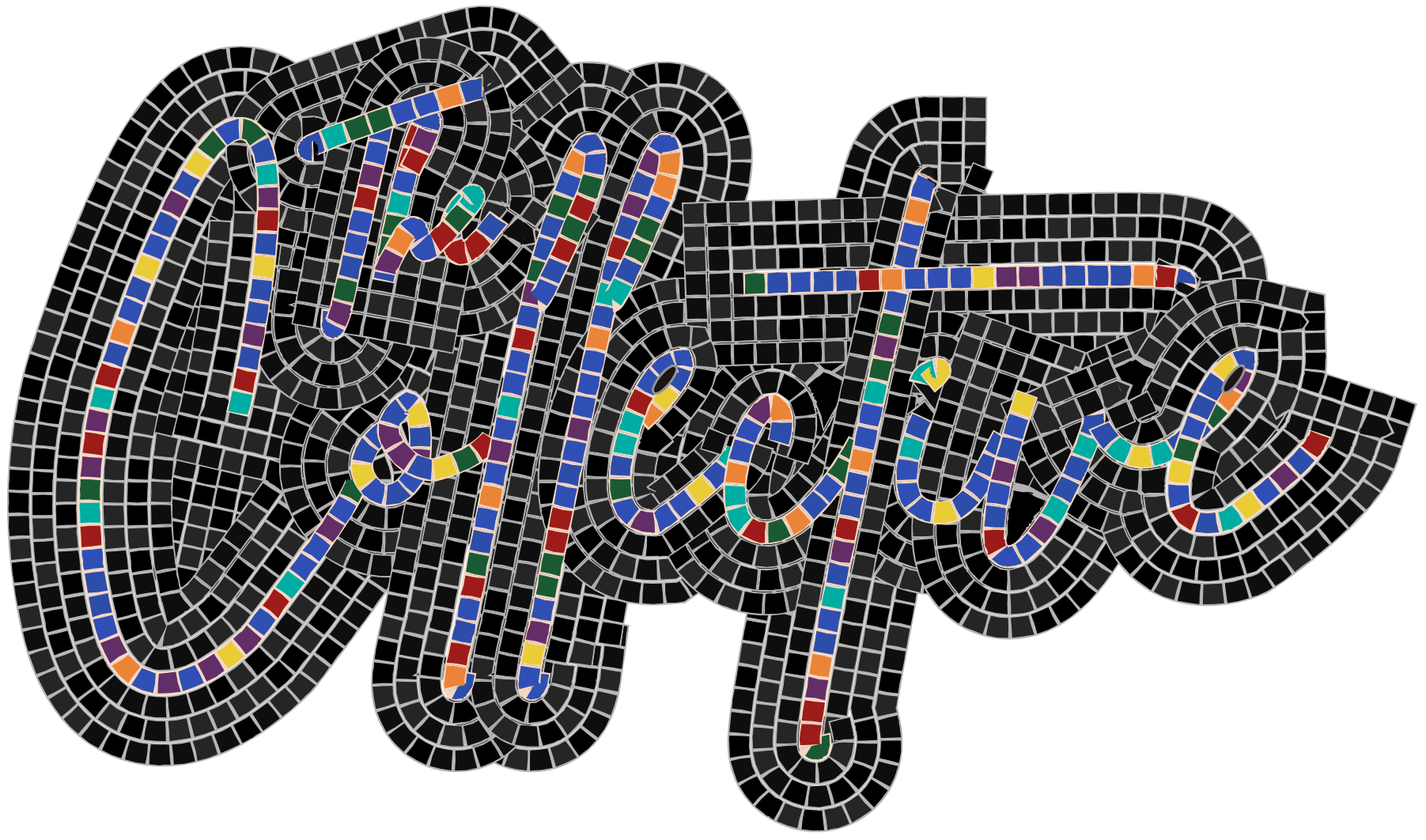
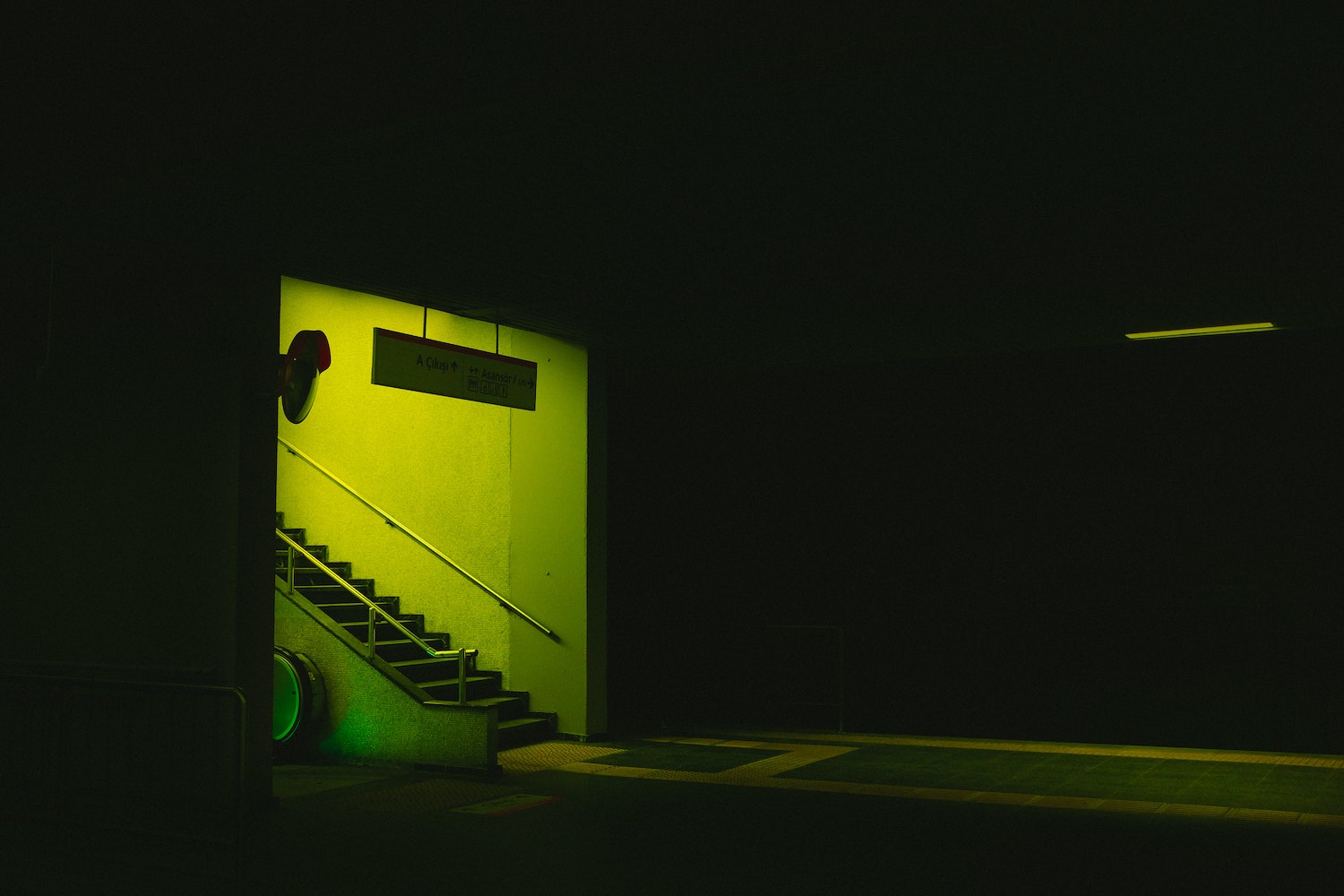

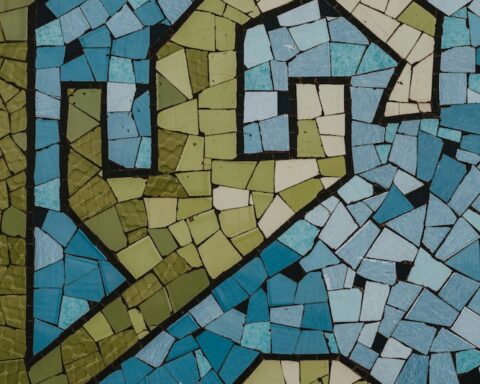
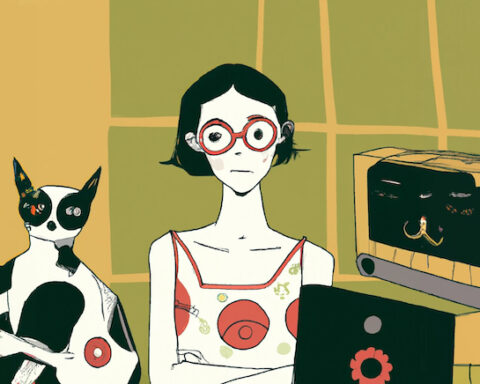
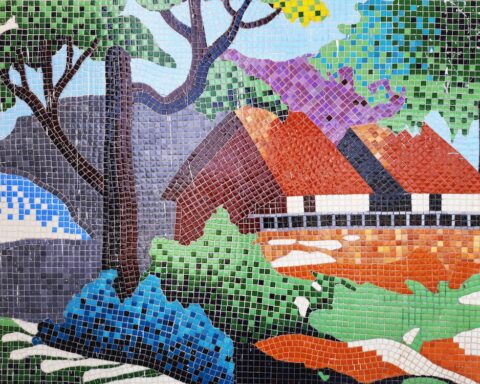
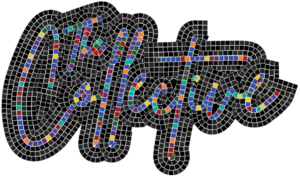
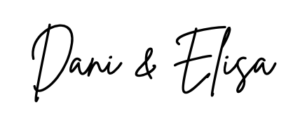
Great article, Noël. The system will change if the majority of the people within it do recognize the inequities inside of it. I hope you find an army of like-minded people to achieve that! Also — just to be clear — I don’t so much mean that everyone should always “feel safe” as much as I meant that everyone should always “be safe.” I liked feeling threatened in my logic, thinking, and points of view — that’s a fundamental building block to learning. I was more talking about the autonomous freedom to think arising out of conditions where your basic survival needs are met and you don’t have to worry (like students graduating with enormous debts) that you’ve simply worked very hard to be groomed by predatory systems for your own extinction. But higher education obviously needs more hires who have the experiences and outlook that you have! Congrats on the job!
Thanks, Vijay, for being open to my addressing your article (it probably wasn’t totally fair that I got to read your draft while I was writing and not vice versa). I agree that it’s important to “be safe,” especially with regards to financial and intellectual security. I think a lot about how we can even get to the conditions of being safe – not just feeling safe – and that usually involves people in power being willing to leave their bubbles, sometimes at their own expenses (e.g., white male tenured prof making the effort to advocate for better pay, more equitable treatment, lower tuition, etc., for non-white, non-male, non-tenured profs/students). Anyway, I have lots more about this topic I’d be interested in discussing with you (perhaps at the next Zoom get-together)!